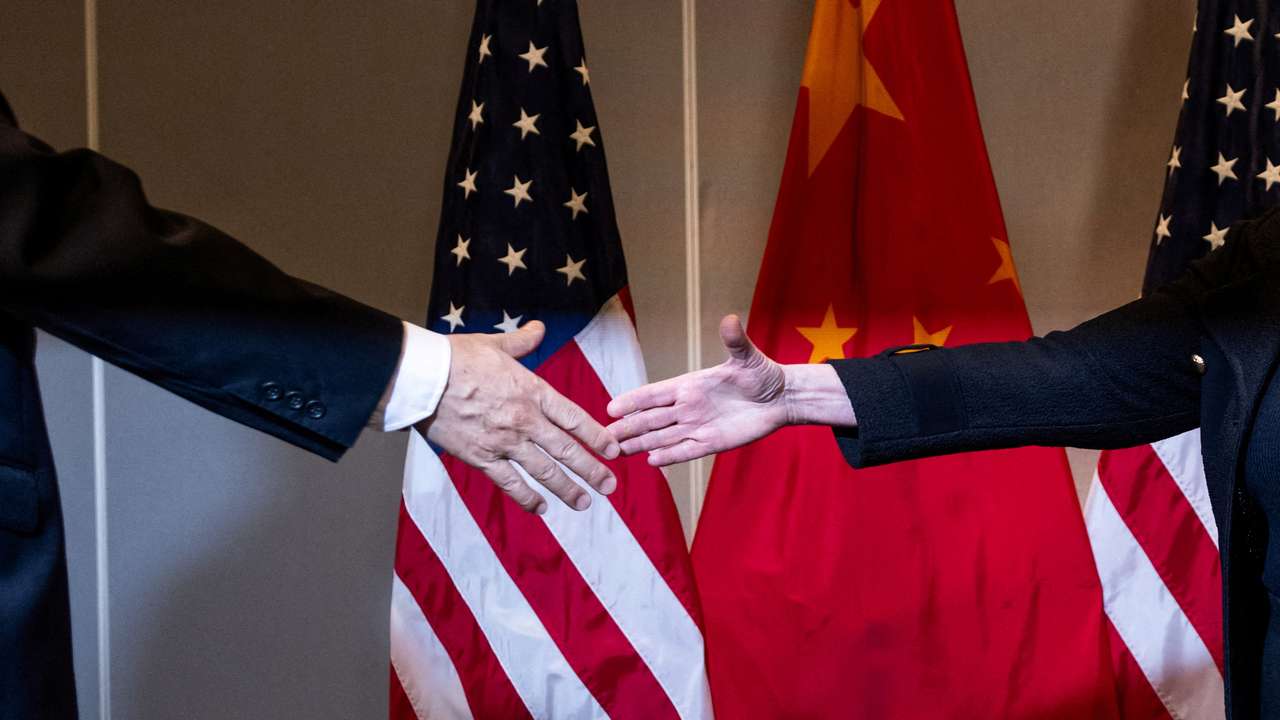The end of Western dominance: China at the forefront

People globally seem to favour an à la carte arrangement, allowing governments to select partners based on specific issues.
A recent international study spanning 21 countries challenges the traditional narrative of global alliances, revealing a preference for a nuanced approach in diplomatic partnerships. Rather than rigid affiliations.
Despite Europe and America being perceived as more attractive and embodying admirable values compared to China and Russia, the study by the European Council on Foreign Relations (ECFR) and Oxford University suggests that this sentiment doesn't necessarily translate into political allegiance.
Citizens, it seems, are inclined towards diverse partnerships on different matters.
The 2023 Pentagon report underscores China's maritime prowess, with the Chinese navy now holding the status of the world's largest, boasting a fleet exceeding 370 ships and submarines.
However, the global sentiment indicates a nuanced preference for combining Western lifestyles and US-led security cooperation with China as an economic partner, the study reports.
As of September 2023, 154 nations have officially collaborated with China on its ambitious Belt and Road Initiative (BRI).
China and its allies are increasingly viewed as more appealing economic partners than the West, a sentiment echoed not only in Russia but also in Indonesia, Saudi Arabia, South Africa, and Turkey.
A noteworthy 56% of Russians express a preference for aligning with China over the United States, according to the study.
This inclination aligns with Russian President Vladimir Putin's support for the Chinese Belt and Road Initiative, evident during the 10th-anniversary celebration in Beijing in October.
The personal rapport between Putin and Chinese President Xi Jinping adds a diplomatic dimension to this growing alignment.
The global preference for an à la carte diplomatic system reflects a pragmatic desire. A mixed strategy that allows nations to benefit in an uncertain geopolitical landscape.
People want their countries to seek major economic ties with China, security collaboration with the US, and the cultural and political benefits associated with Europe, the study concludes.